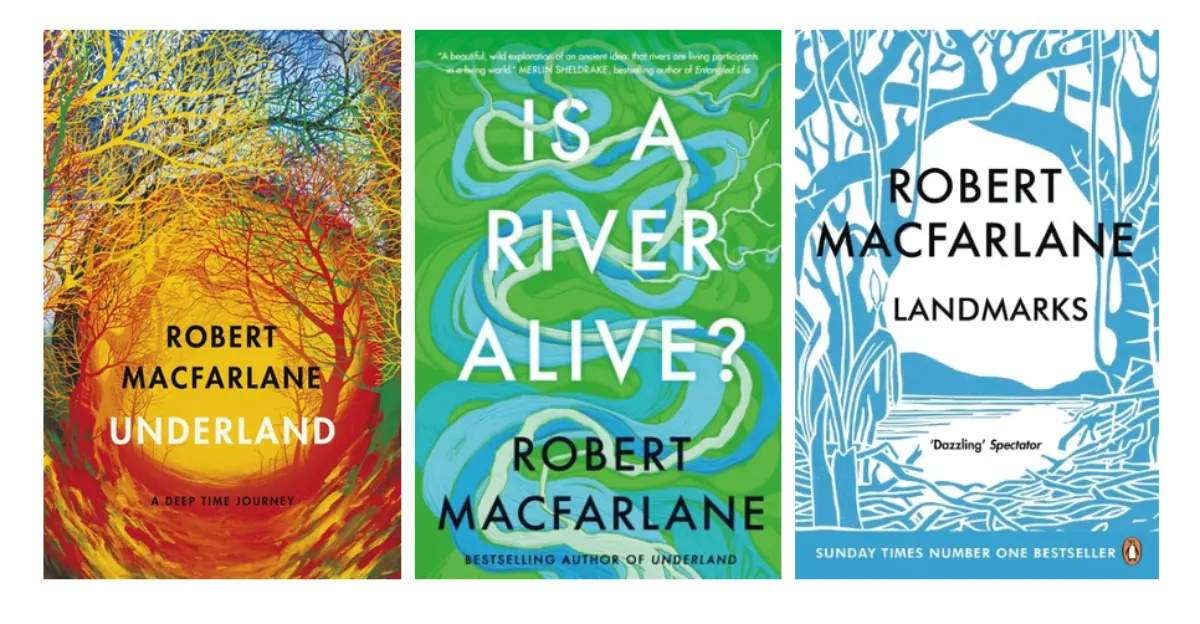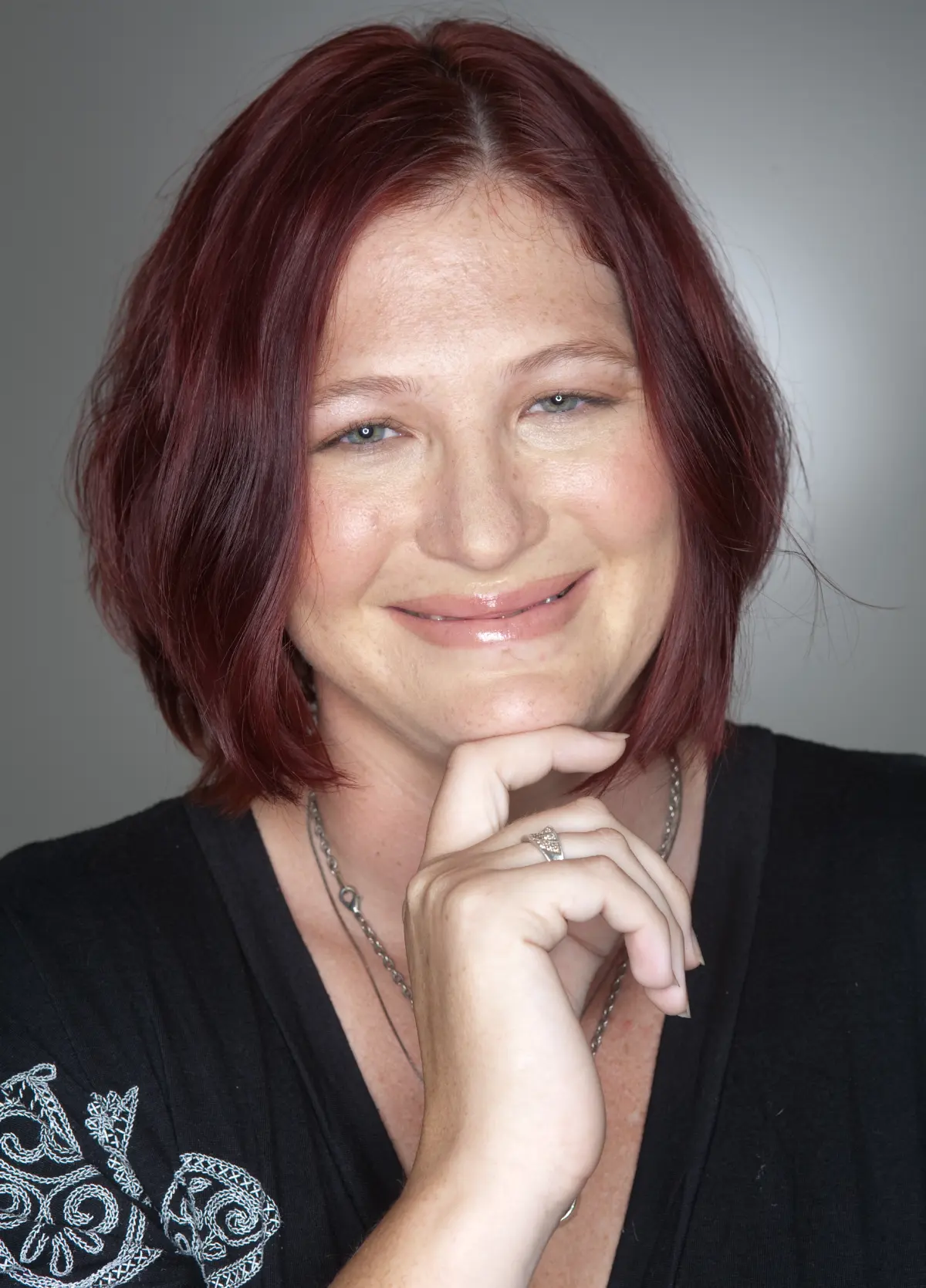The tips I use to overcome writer’s perfectionism, from the simple to the scientific.
BY INDIA-MAE OSBORNE
It’s a scene I know too well: a blank page, a sentence typed, then the backspace key slammed down in a rapid fury. It’s just not good enough … why even bother starting?
For new writers like us, perfectionism can be arduous to overcome. Even the most experienced writers can find themselves in its grip.
Perfectionism doesn’t result in perfect writing
We strive for perfection because we want our writing to be the best. But it’s not perfectionism that improves our craft; rather, it’s writing regularly. As William S. Burroughs says, ‘You do an awful lot of bad writing in order to do any good writing.’
Ironically, perfectionism can stop you writing anything at all.
As a child, I’d sit for hours writing short stories, unfazed by how good they were or what others would think. And then I grew up.
At school, my writing was scribbled over with red pen and graded. Every word crossed out was a strike against my fragile confidence.
If I did write, I thought it had to be perfect, so I stopped writing altogether. It’s only now in my late twenties that I’ve started writing again.
The devil of perfectionism still sits irksomely on my shoulder, but I’m learning to shrug him off.
Here are the three tips I use to overcome my writer’s perfectionism.
- Don’t write in a fancy notebook; it adds perfectionist pressure
We’ve all felt the allure of a brand-new leather-bound notebook. But with a perfect notebook come expectations for perfect writing.
In Writing Down the Bones: Freeing the Writer Within, Natalie Goldberg argues that when using a fancy notebook, ‘you are compelled to write something good. Instead you should feel that you have permission to write the worst junk in the world and it would be okay.’
Take this as your sign to venture to the dollar store and get the plainest or even the ugliest notebook you can find.
If you’re a perfectionist who prefers to type, maybe trying freehand in a Mickey Mouse exercise book isn’t a bad idea?
READ MORE:
*First-Draft Anxiety? Five Tips to Help You Survive the First Draft
*How I Learned to Write Garbage
*The Secret to Literary Success: The Habits of Successful Writers
- To quash perfectionism, don’t edit as you write
Editing your first draft as you write can hugely disrupt your creative flow.
Natalie Goldberg urges writers, ‘Don’t cross out. (That is editing as you write. Even if you write something you didn’t mean to write, leave it.) … Lose control. Don’t think. Don’t get logical. Go for the jugular.’
A first draft is supposed to be bad (or at least not very good). I’m learning that it’s in a state of undisrupted flow that my most creative ideas creep through.
- Trick your writer’s perfectionism with an affirmation
Crucial to overcoming perfectionism is silencing the inner critic. Science suggests a repeated positive affirmation can be instrumental.
In her article ‘3 Ways to Think Like a Winner’, neuroscientist Dr Tara Swart explains, ‘When we think from a perspective of lack, we are governed by fear,’ while positive self-talk and repeated affirmations build your self-belief.
Your affirmation should be the reverse of what your inner critic wants you to believe. I like to repeat, My writing has value, or you could try, I believe in my creativity as a writer.
Next time your inner critic rears its head, repeat your affirmation three or four times.
Perfectionism won’t result in better writing. Being aware of your inner perfectionist and finding the tools to manage it will.
Give these three tips a try, and just keep writing.
About the Author

India-Mae Osborne is from Auckland, New Zealand, and has been doing permanent house-sitting across the UK and Europe with her partner for over a year and a half. She works as a digital nomad in email marketing and has a passion for travel. In her spare time, you’ll find her cuddling with dogs, writing, exploring the forest, knitting or practising yoga.















